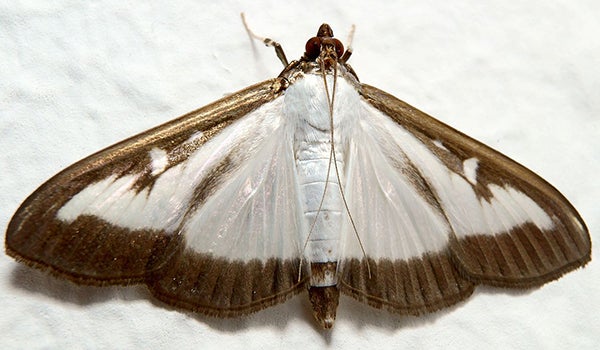MSU Extension launches invasive species detection program for Box Tree Moth
Published 11:00 am Tuesday, August 17, 2021
|
Getting your Trinity Audio player ready...
|
EAST LANSING — Michigan State University Extension is partnering with USDA Animal and Plant Health Inspection Service to implement an early detection program for the box tree moth throughout Michigan. Caterpillars of the box tree moth feed exclusively on boxwood shrubs and can easily kill the plant by consuming large amounts of leaves and bark.
On May 28, the APHIS announced that they confirmed the presence of box tree moth in the continental United States and are working to contain and eradicate the invasive pest. The box tree moth was detected at three locations in Michigan this spring, but APHIS removed the threat in those locations. As a precaution, the landscape team at MSU Extension has developed an early detection and prevention program to determine whether the box tree moth has been accidentally introduced elsewhere in Michigan.
“MSU Extension is seeking Michigan homeowners who have purchased and planted boxwoods in 2020 and 2021 to help set pheromone traps,” said Jeremy Jubenville, floriculture and greenhouse educator. “These traps mimic the pheromones that females emit and are very effective for attracting male box tree moths. Please note that attracting male moths will not cause infestations; they only detect whether box tree moths are already present in the area.”
Residents willing to hang a box tree moth pheromone trap on their property can fill out the online survey at bit.ly/BTMTraps to determine which county MSU Extension office is the closest pickup point. There is no cost to participate in this program.
Inquiries about the box tree moth detection program in Michigan can be directed to: invasive@msu.edu.
More information on the box tree moth and other invasive species can be found at the MSU Extension Invasive Species webpage: canr.msu.edu/invasive_species.







